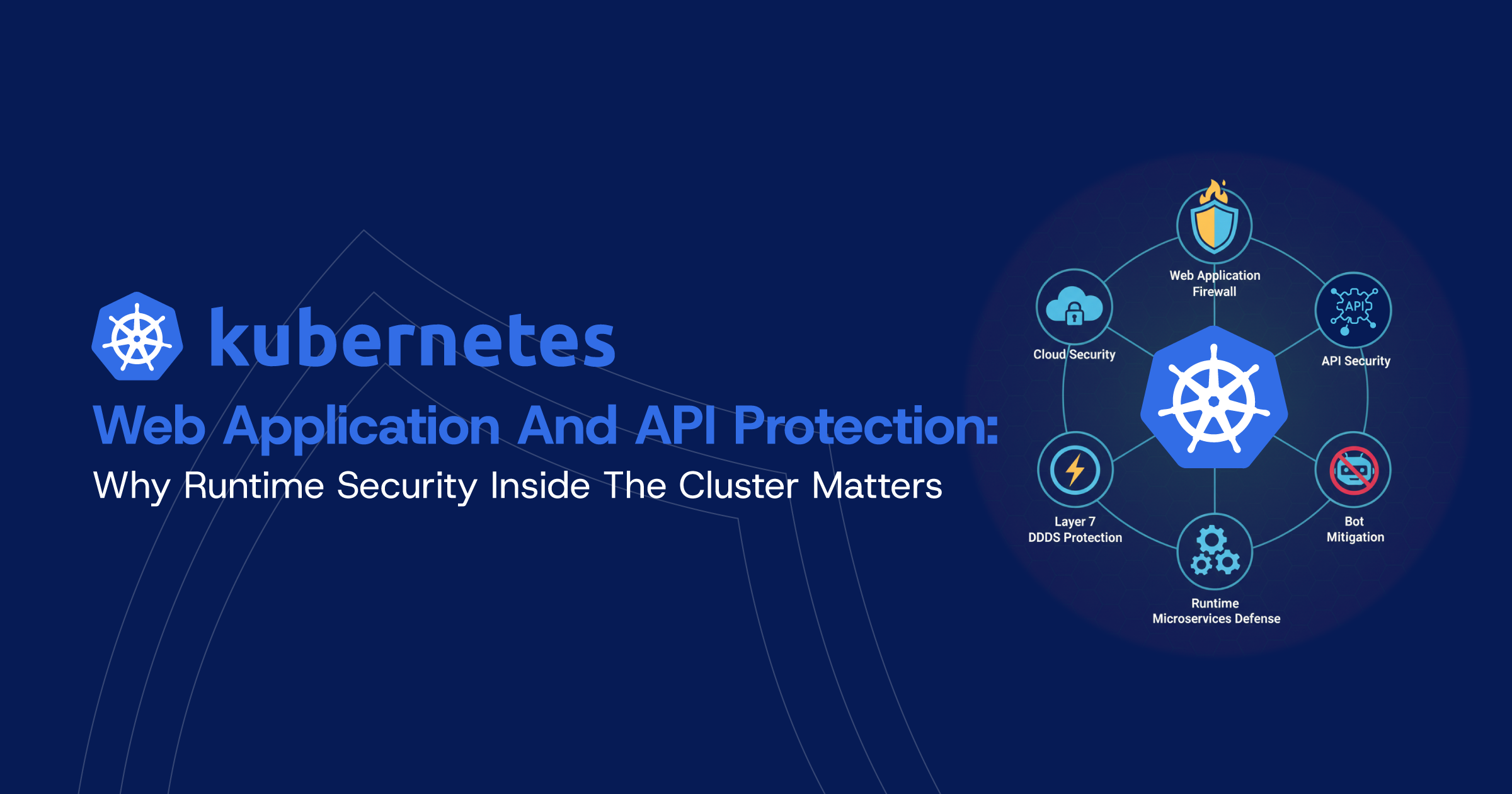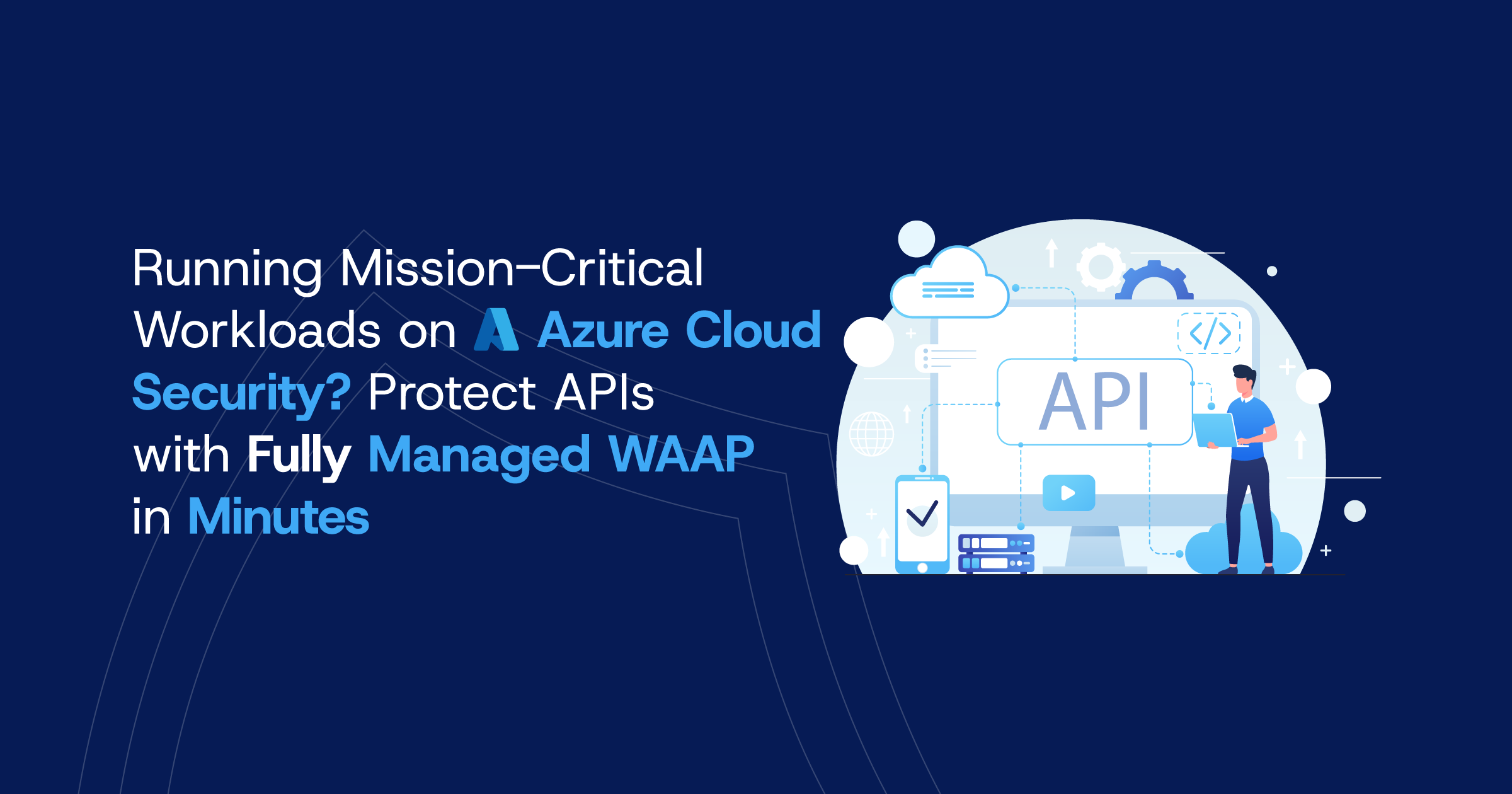Introduction
As data exchange between clients and services grows, strong API authentication methods are essential rather than optional. API token authentication is among the most commonly used and effective techniques.
This article delves into what API token authentication is, how it functions, its variations, benefits, limitations, and best practices for its implementation. For developers, security engineers, or API architects, grasping token-based security is crucial for safeguarding both your infrastructure and users.
What is API Token Authentication?
API token authentication is a method for confirming the identities of users or applications that interact with an API through unique tokens. In contrast to traditional session-based logins, token-based authentication provides a stateless, scalable, and frequently more secure option.
Fundamentally, token authentication issues a token—a string of encrypted data—once a user or application successfully authenticates. This token is included in every subsequent API request to verify identity and permissions without needing to re-authenticate.
If you’re not well-versed in APIs at a basic level, it’s beneficial to begin by asking: What is an API? Gaining this fundamental understanding clarifies the importance of token-based access.
Key Characteristics
- Stateless authentication: There is no server-side session storage; the token holds all necessary information.
- Token lifecycle management: Tokens may expire, be refreshed, or revoked when needed.
- User and app-specific: In contrast to API keys, tokens typically authenticate specific individuals or applications rather than providing general access.
How Token-Based Authentication Works
The standard token-based authentication process involves these steps:
Authentication Request
A user or application provides credentials (like a username/password or client ID/secret) to an authentication server.
Token Issuance
If the credentials are verified, the server issues a signed token (for example, a JSON Web Token or JWT).
Token Usage
For every API request, the token is included in the HTTP Authorization header, typically prefixed by Bearer.
Token Validation
The API server verifies the token’s validity, integrity, and associated permissions.
Access Grant or Denial
Depending on the token’s contents and validity, the server either grants or denies access.
This model facilitates secure token exchanges, minimizing the need to repeatedly disclose credentials and thus lowering the risk of credential leakage.
Understanding what an API call is crucial. In this context, every request made with the token counts as one.
Types of API Tokens
API tokens operate differently. Below is a summary of the various types commonly used:
Bearer Tokens
Bearer tokens, being the most common format, are simple to implement. The term “bearer” indicates that anyone possessing the token can access the API, which means the security of bearer tokens depends on the safe storage and transmission of the tokens.
- Pros: Simple, self-contained, efficient.
- Cons: If caught, they provide complete access until they expire or are revoked.
Regrettably, bearer tokens can be vulnerable if mishandled, possibly leading to excessive data exposure when permissions are overly broad.
JSON Web Tokens (JWTs)
JWTs are a specific type of bearer token featuring three components:
- Header: Indicates the algorithm and type of token.
- Payload: Contains claims including user ID and permissions.
- Signature: Confirms token integrity through cryptographic algorithms.
JWTs are secure, URL-friendly tokens that enable detailed API access control. For anyone wondering what JWT means, it refers to JSON Web Token, which is a concise, signed format designed for secure data transfer.
OAuth Tokens
In delegated authorization situations, OAuth tokens allow users to provide limited access to third-party applications without revealing passwords. OAuth processes typically involve access tokens and refresh tokens, facilitating smooth session management.
If you’re just starting with the concept, what is OAuth elaborates on the comprehensive protocol that underpins these secure delegated interactions.
Personal Access Tokens (PATs)
These are linked to each user’s credentials, granting access to designated resources. They are frequently found in developer tools and platform integrations.
SSO Tokens
Single Sign-On (SSO) tokens allow users to log in once and gain access to various systems. Typically, these tokens are provided by an external Identity Provider (IdP) and frequently work with federated identity systems.
Comparison: API Token vs. Other Authentication Methods
Let’s evaluate API token authentication against other methods:
API keys offer simplicity but lack security since they do not differentiate between users. In contrast, token-based authentication provides detailed user authentication in APIs, making it more suitable for contemporary systems.
Understanding how APIs work assists developers in understanding why certain methods are naturally more secure and scalable than others.
Real-World Use Cases Of API Token Authentication
API token authentication is commonly utilized in various industries:
- Web and mobile applications: Tokens allow for effortless user sessions, eliminating the need for repeated logins.
- Microservices architectures: Stateless tokens streamline API authentication processes among services.
- IoT devices: Tokens verify devices without the necessity of storing sensitive credentials.
- B2B integrations: Tokens provide secure, authorized access for partner applications.
Token authentication is essential for defending against common API threats, particularly in distributed systems.
Best Practices for API Token Security
Utilizing API token strategies is crucial for ensuring security.
Token Expiration and Revocation
- Define brief lifespans for access tokens.
- Use refresh tokens to maintain session continuity.
- Support both manual and automatic token revocation.
In situations involving suspicious activity, this helps reduce the risks associated with API data breaches and unauthorized access.
Secure Transport
- Utilize HTTPS (SSL/TLS) to safeguard tokens during transit.
- Defend against man-in-the-middle attacks and snooping.
These SSL measures are crucial for API encryption, guaranteeing the integrity and confidentiality of transmitted tokens.
Encryption and Hashing
- Use robust standards to encrypt tokens, such as AES-256.
- Apply cryptographic hashing (e.g., SHA-256) for signing tokens to guarantee integrity.
IP Address Restrictions
- Bind tokens to recognized IP ranges whenever feasible.
- Observe and highlight any unusual geographical or usage trends.
This method helps in applying zero-trust API security principles, reducing blind trust in internal users or networks.
Minimal Privilege
- Design tokens with specific scopes: read-only, write access, admin rights, etc. Ensure tokens do not provide more permissions than required.
Challenges of API Token Authentication
Although token-based systems offer advantages, they also have drawbacks and challenges:
- Token leakage: Unsecured tokens may be intercepted and misused.
- Complexity: Handling token issuance, validation, revocation, and renewal involves additional overhead.
- Token storage: Clients need to store tokens securely (e.g., in memory or secure local storage).
- Replay attacks: Stolen tokens can be reused without extra protections like nonce or IP checks.
Security threats like API injection and broken authentication typically take advantage of weaknesses in token or input validation.
New tools that utilize how AI detects API threats provide additional levels of automated security by examining unusual patterns and anomalies.
Other innovative methods, such as API fuzz testing, strengthen proactive defenses by evaluating APIs with unpredictable inputs.
Monitoring API security involves being vigilant against advanced threats such as shadow APIs and ensuring the protection of every API endpoint across all environments.
Finally, throttling requests serves as a straightforward yet powerful defense. How does rate limiting help? It reduces abuse, discourages DDoS attacks, and conserves resources in token-authenticated systems.
Secure API Access with Token Authentication
What is API token authentication? It is a contemporary, scalable, and secure approach for managing API access. By utilizing token-based authentication instead of traditional methods, systems gain benefits like stateless authentication, precise control, and enhanced user experience.
There are various token types—such as bearer, OAuth, and JWT—along with a robust ecosystem of security practices, making token authentication fundamental to API design in cloud-native and distributed settings.
To effectively secure APIs, developers and architects must not only adopt token-based systems but also uphold stringent standards for API security practices, validating access tokens, and revoking tokens. This ensures that their APIs stay resilient against changing threats while providing a smooth experience for users and applications.
Enhancing Token Security with Prophaze API
As organizations increasingly depend on token-based authentication for API security, Prophaze API protection becomes essential in combating evolving threats. Prophaze delivers intelligent, Kubernetes-native API security that continuously monitors and mitigates attacks aimed at authentication strategies such as tokens, JWTs, and OAuth flows.
Utilizing real-time traffic analysis, behavioral detection, and automated mitigation, Prophaze guarantees that API tokens are not only implemented but also actively safeguarded against misuse, abuse, and anomalies. Whether defending against compromised authentication, token leakage, or excessive data exposure, integrating Prophaze into your API architecture boosts security resilience while maintaining performance and scalability. Concerning API token authentication, Prophaze enables organizations to uphold trust, implement access control, and avert breaches before they escalate.


























